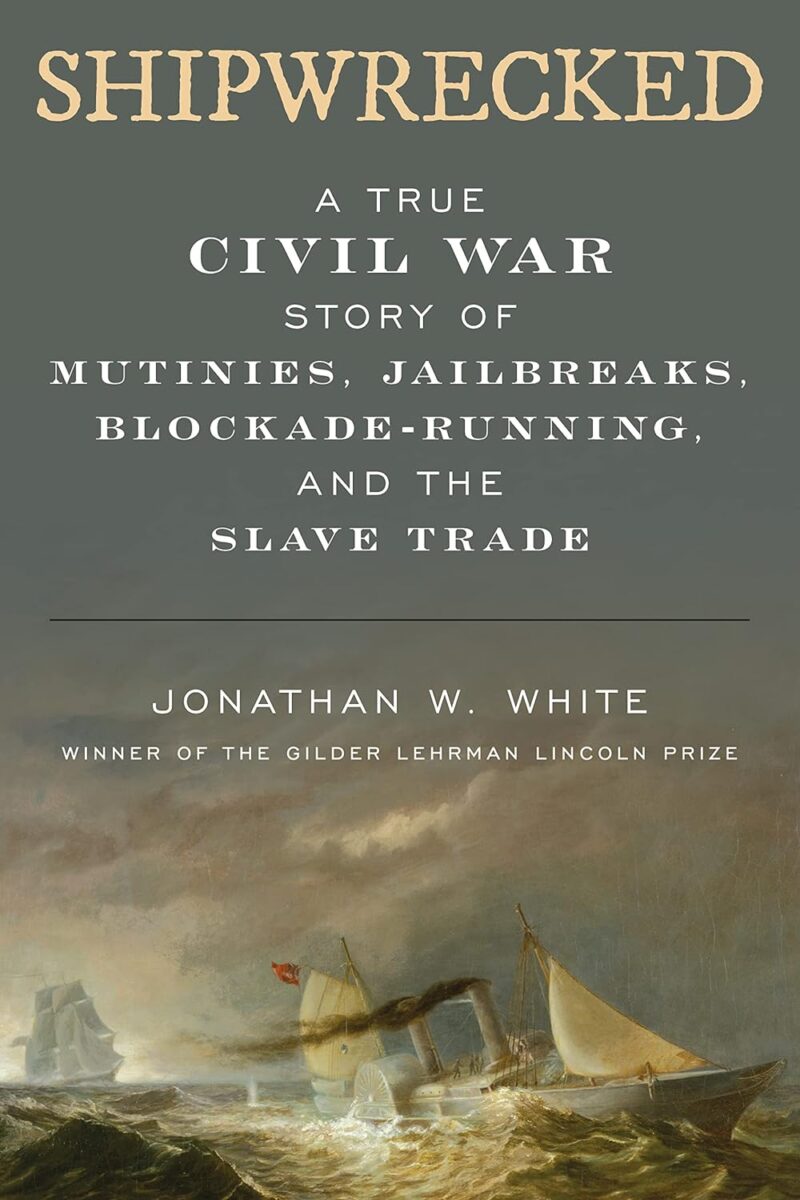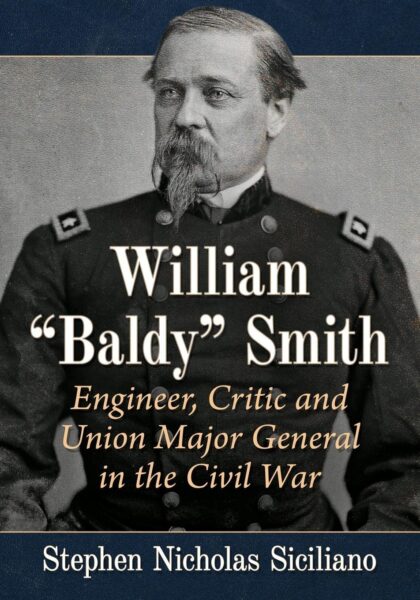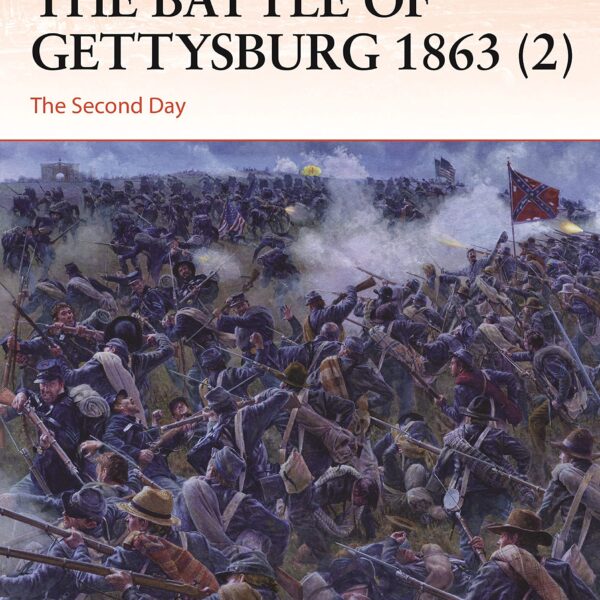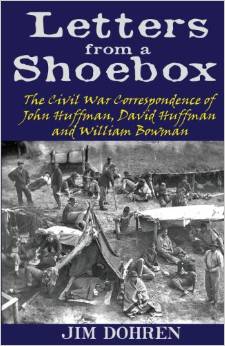Jonathan W. White offers an enthralling and deeply researched account of the astonishing career of Appleton Oaksmith, a Civil War era sea captain, slaver, and politician. Although he was born in Maine to Seba Smith, the prominent American humorist and journalist, and Elizabeth Oakes Smith, noted writer and women’s rights advocate, Oaksmith himself leaned toward conservative northern Democratic politics. Despite their differences in politics, the family remained largely hospitable and connected to one another during the turbulent war years.
The strength of White’s book lies in the sprawling variety of nineteenth-century subject matter throughout. Oaksmith journeyed to California in the 1850s, where he witnessed the horrific aftermath of fires in San Francisco and participated in a local Vigilance Committee. Chapter 3 offers a detailed and harrowing story of Oaksmith and other slavers under attack on the Congo River. Readers also learn about the women’s rights movement, literature and publishing culture, Latin American conquest, debates over constitutional rights, political party activity, legal culture and prisons, blockade running, and postwar politics. Professional historians, students, and armchair historians could all find this book enlightening. Because it is so accessibly written, teachers could easily assign this book, or portions of it, to undergraduates to enhance their understanding of central themes in nineteenth-century history.
White’s global analysis of the slave trade is particularly useful. He illuminates how slave traders, including nefarious American slavers like Oaksmith himself, continued to operate despite the 1808 Congressional ban on the transatlantic slave trade. A single ship of enslaved people sold in 1850s Brazil could provide a fortune of wealth, opined Robert C. Schenck, US minister to Brazil. White also highlights the often-overlooked Webster-Ashburton Treaty of 1842, in which the United States agreed to station an African Squadron along the coast of the continent, though it denied Great Britain the right to board and search US vessels. White offers one of his strongest contributions to the field of Civil War history and Lincoln studies by connecting Oaksmith’s legal travails to the serious political efforts that the Lincoln administration made to curtail illegal slave trading in the U.S. For example, Lincoln himself was involved in the case against Captain Nathaniel Gordon (see Chapter 10). Additionally, historians interested in prisons and the experience of the incarcerated will find several insightful chapters, including the story of Oaksmith’s surprising breakout from prison in 1862.
Although Shipwrecked is a biography of Appleton Oaksmith, it is perhaps his mother Elizabeth who is the best historical subject in the book. White analyzes her life as a public writer and speaker as much as a mother. Elizabeth Oaks Smith was supposedly the first woman to climb Mount Katahdin in Maine. She was a fierce and intelligent woman who publicly supported women’s rights in the 1850s, doing literary battle with Horace Greeley in the pages of the New York Tribune. She also delivered lectures on a circuit that took her through many large northern cities, which made her prominent enough to become the subject of a satirical song by Wood’s Minstrels in 1853. Although her husband was a well-known political cartoonist, Smith was arguably the breadwinner of her household. Despite her opposition to slavery, she stood steadfastly by her son during his repeated trials and imprisonments. She engaged in firsthand encounters with famous nineteenth-century figures like William Seward and Orestes Brownson to attempt her son’s release. Smith’s life is a profound demonstration that the private household power of women often breached the public arena.
Shipwrecked make a strong addition to the field of Civil War micro-history alongside other recent works like R. Isabela Morales’s Happy Dreams of Liberty (2022), which details the complicated history of a mixed-race family across several decades. Appleton Oaksmith is a reminder that few Civil War-era Americans fit neatly into analytical or ideological categories, and that in depth study of even a single person can reveal substantial connections to larger histories.
Matthew Ward is Visiting Assistant Professor of History at Quincy University.





